
Starting Sept. 1, 2019, Rollins fraternities Chi Psi and Sigma Alpha Epsilon (SAE) will no longer be allowed to serve hard liquor at their parties.
Due to the recent rush of reports on hazing deaths, the North-American Interfraternity Conference (NIC) established a policy that bans hard liquor in the “common areas in fraternity houses and in the fraternity members’ private living spaces,” according to Heather Kirk, the chief communication officer for the NIC. Unless the liquor is served by a third-party vendor, only beer, wine, and malt beverages are permitted.
This rule applies to both on-campus and off-campus parties associated with the fraternities, even if the members are over the legal drinking age of 21.
As the only NIC-affiliated Rollins chapters, Chi Psi and SAE are required to abide by this policy starting next September. However, SAE’s national headquarters took action in June.
James Cowan (’20), the president of SAE, said that his fraternity established similar policy updates in March that took effect in June, which reads: “at all SAE facilities and at all chapters events realm-wide, only beer and wine will be permitted.”
The president of Chi Psi, Ryan O’Donnell (‘20), said he is still waiting on the Conference’s response and directions for what to do and how to begin the steps to implement this new policy.
Although some organizations are taking initiative, Rollins will not enforce the policy.
“This policy is not a Rollins policy, Rollins is not responsible for enforcing it,” said Jazmine Rodriguez, director of Fraternity and Sorority Life. The NIC is responsible for enforcing the policy; therefore, only the fraternities could be penalized if the rule is broken.
“The NIC is not the parents of Rollins, since they do not have oversight of Rollins directly, so Rollins cannot get in trouble with the NIC,” Rodriguez said. “The NIC has not yet shared what penalties member organizations who are not in compliance will receive.”
However, the fate of Rollins’ other fraternities lies in Chi Psi and SAE’s hands, since “in order for [Rollins] to have fraternities from the Interfraternity Council, then the college must have two NICs on its campus,” said Rodriguez.
This means that if Chi Psi or SAE violate the liquor ban, the other three fraternities, Lambda Chi Alpha, Tau Kappa Epsilon, and X-Club, could be in jeopardy.
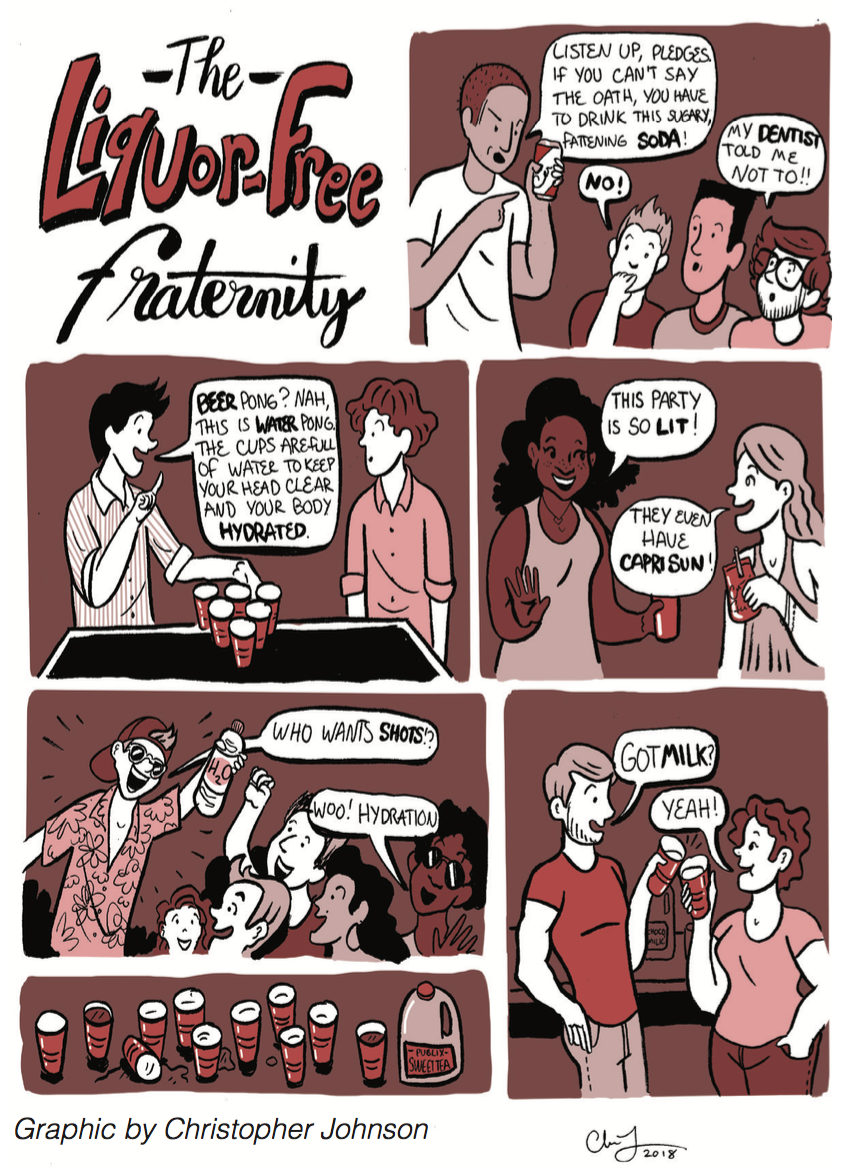
All sororities and fraternities at Rollins report to the Interfraternity Council, which oversees all Rollins fraternities. Its constitution states that all recruitment activities and new member education activities are alcohol-free.
Meanwhile, Rodriguez said that “[Rollins] does not believe in writing responsive policy.” As of now, she said, “Rollins does not need to establish a specific alcohol policy that specifically pertains to fraternities and sororities.”
“The campus alcohol policy and the student organization policy is effective in its application to fraternities and sororities and their events,” she said.
While Rollins is not introducing new alcohol policies of its own, both the University of Florida and Florida State University (FSU) have already taken matters into their own hands.
Amy Hecht, Florida State’s vice president for Student Affairs, said that “14 of the 16 Interfraternity Council Chapters at FSU are members of the NIC.” Hecht said that this new policy is a “step toward a more hands-on oversight by national organizations,” especially in light of the death last November of a FSU Pi Kappa Phi pledge, Andrew Coffey.
“[Florida State has] instituted strict policies for organizations that included mandatory risk-management training and a commitment from Greek organizations to adhere to strict policies on alcohol use,” said Hecht. “Our student leaders are aware that a culture change is necessary, and that culture change needs to happen not just at FSU but across the country.”
Although Rollins’ Greek life has a history of suspensions on campus, there has still not been any change to the alcohol policy as it pertains to fraternities and sororities.
In 2013, the Tau Kappa Epsilon fraternity lost its campus house at Rollins due to violations of recruitment and alcohol policies.
More recently, Phi Delta Theta was banned until at least 2021 after being investigated for sexual harassment, disruptive behavior, hazing, and substance abuse.
The communication between Florida State and the Council is stronger than that of Rollins and the Council.
The responsibility is now being placed on the shoulders of Chi Psi and SAE to not only enforce this policy, but hold their own fraternities accountable and report any progress or violations to the NIC.







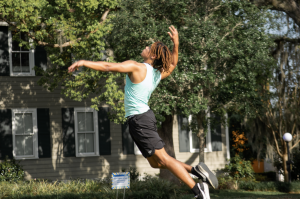






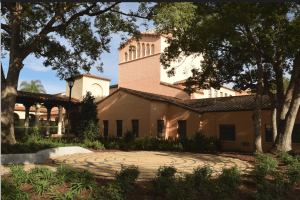



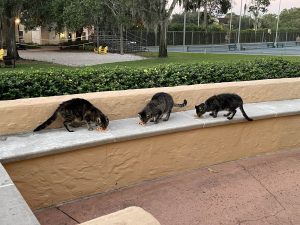





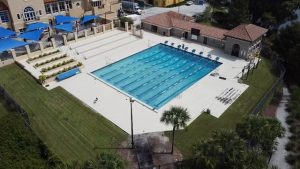



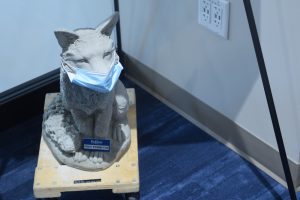

Be First to Comment